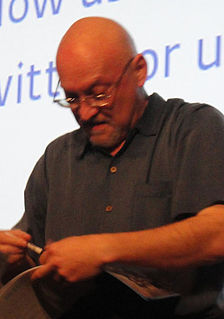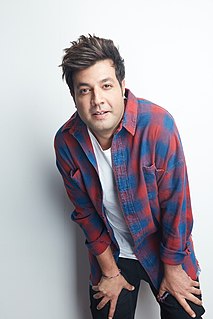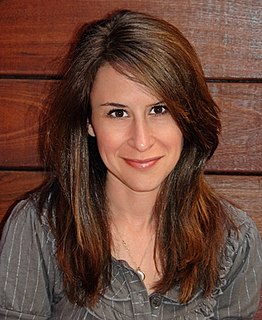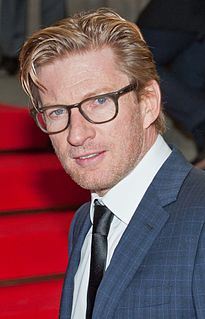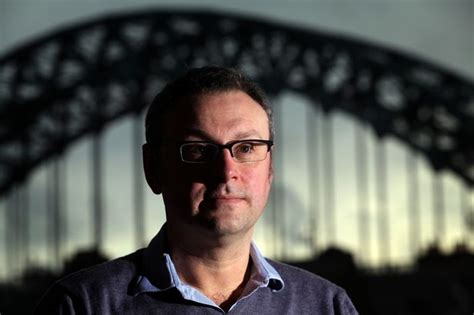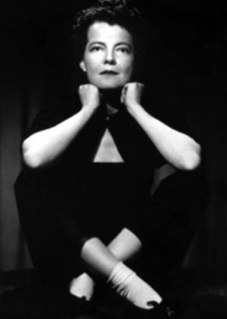A Quote by Ronnie Screwvala
Theatre has been a sort of hobby. I regret that I am not active, but given my job that is difficult. But those were learning days. The learning curve was the level of confidence, maturity, and reflexes that theatre teaches you is fantastic. You are alone in front of an audience for two hours and that gives you a different kind of confidence.
Related Quotes
I'm still learning. It's all a learning curve. Every time you sit down, with any given episode of any given show, it is a learning curve. You're learning something new about how to tell a story. But then, I've felt that way about everything I've ever done - television, features or whatever. Directing or writing, it always feels like the first day of school to me.
The military doesn't teach rifle marksmanship. It teaches equipment familiarity. Despite what the officer corps thinks, learning to shoot a rifle is not like learning to drive a car. Instead, it is like learning to play the violin.... The equipment familiarity learning curve comes up quick, but then the rifle marksmanship continuation of the curve rises very slowly....by shooting one careful shot at a time, carefully inspecting the result (and the cause).
To be honest, I am not theatre-trained and though I am confident in my skill set, to do theatre requires a better-tuned set of muscles and I sometimes defer to actors who are better trained. But at the times I do want a shot, I'll go for it, especially if the piece speaks to me and the opportunity comes up. The immediate response from a theatre audience is so thrilling, affirming, and soul-feeding; to know how you've affected an audience at curtain can be ego-blowing, both good and bad.
I did theatre when I was nine, I think. Nine and ten, and that was just the beginning of my whole involvement in acting, my whole interest. I don't really remember it that well. But it was really fun. I mean, it was exciting just to be on stage in front of an audience. It gives you a different kind of rush.
Compare the cinema with theatre. Both are dramatic arts. Theatre brings actors before a public and every night during the season they re-enact the same drama. Deep in the nature of theatre is a sense of ritual. The cinema, by contrast, transports its audience individually, singly, out of the theatre towards the unknown.

